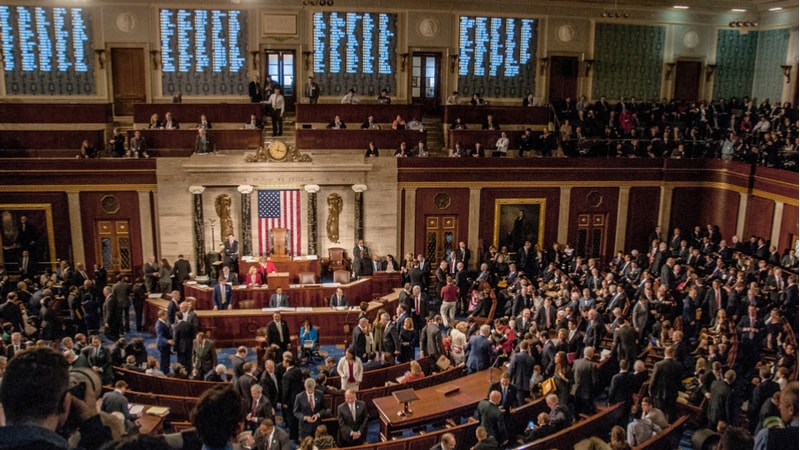
The Senate today voted to approve the Chips and Science Act by a margin of 64-33, sending the bill to the House of Representatives for its consideration. If the House approves the legislation, President Biden is eager to sign the measure into law.
On the technology front, the bill features two major areas from the USICA/COMPETES legislation that both houses of Congress wrangled over for months but failed to move over the finish line.
The slimmed-down surviving version of those bills includes $52 billion of funding for the CHIPS Act which would fund incentives for semiconductor makers to establish new manufacturing plants in the United States. The Chips and Science Act also would provide $100 billion over five years for research and development activities in regional hubs around the U.S., and for the National Science Foundation (NSF) to establish a new technology directorate.
“As Americans are worried about the state of the economy and the cost of living, the CHIPS bill is one answer: it will accelerate the manufacturing of semiconductors in America, lowering prices on everything from cars to dishwashers,” President Biden said today.
“It also will create jobs – good-paying jobs right here in the United States. It will mean more resilient American supply chains, so we are never so reliant on foreign countries for the critical technologies that we need for American consumers and national security,” he said. “The House should promptly pass it and send this bill to my desk.”
“Semiconductors power the products American consumers rely on from laptops and mobile devices to home appliances, and support innovative technologies like 5G and artificial intelligence that are key to U.S. national security and competitiveness,” said Jason Oxman, CEO at the Information Technology Industry Council following today’s Senate vote.
“The U.S. CHIPS Act of 2022 makes important investments in scientific research and development and domestic semiconductor manufacturing that will help the United States remain competitive in an evolving global landscape where other nations have been out-investing the U.S. for some time,” he said.
